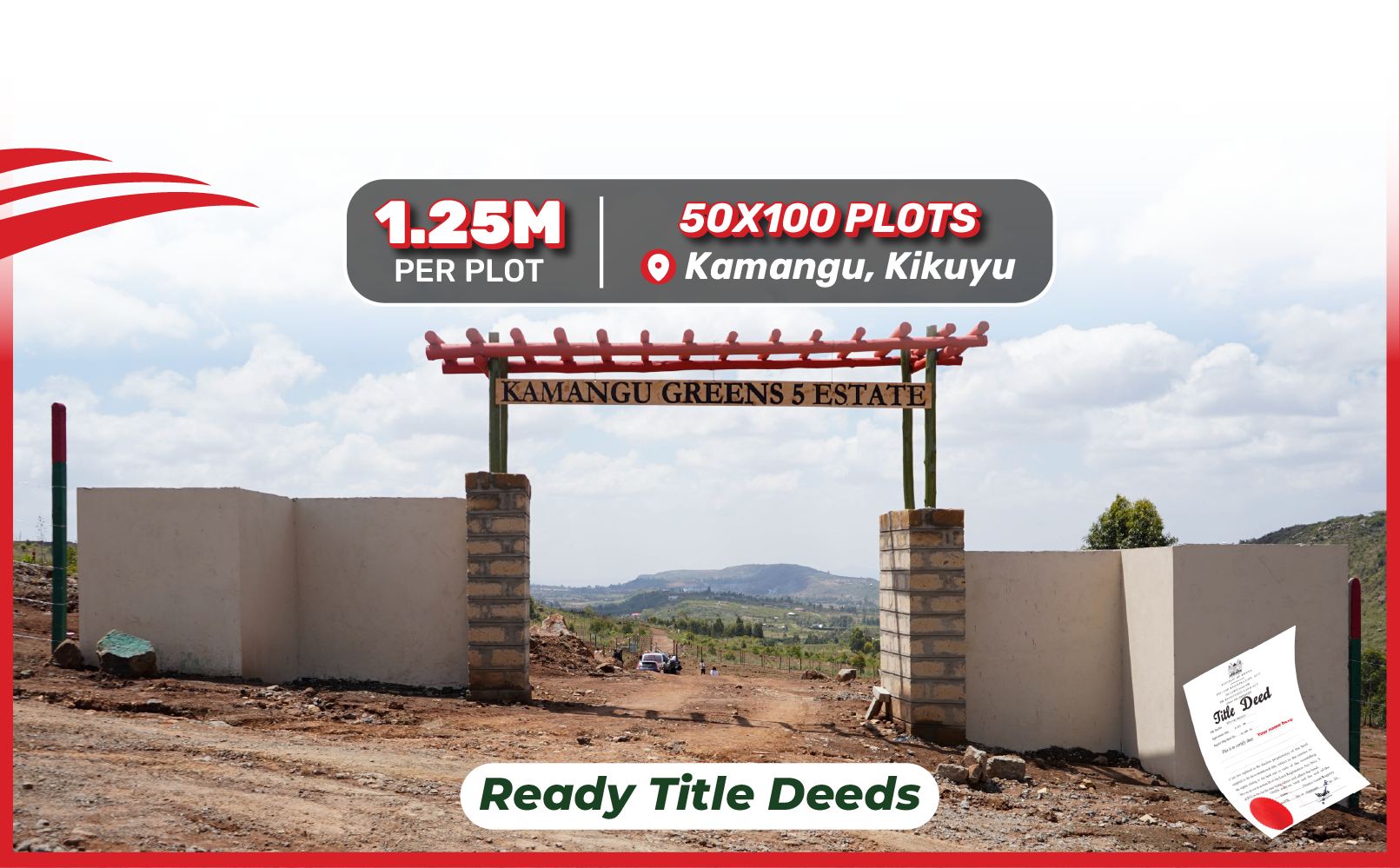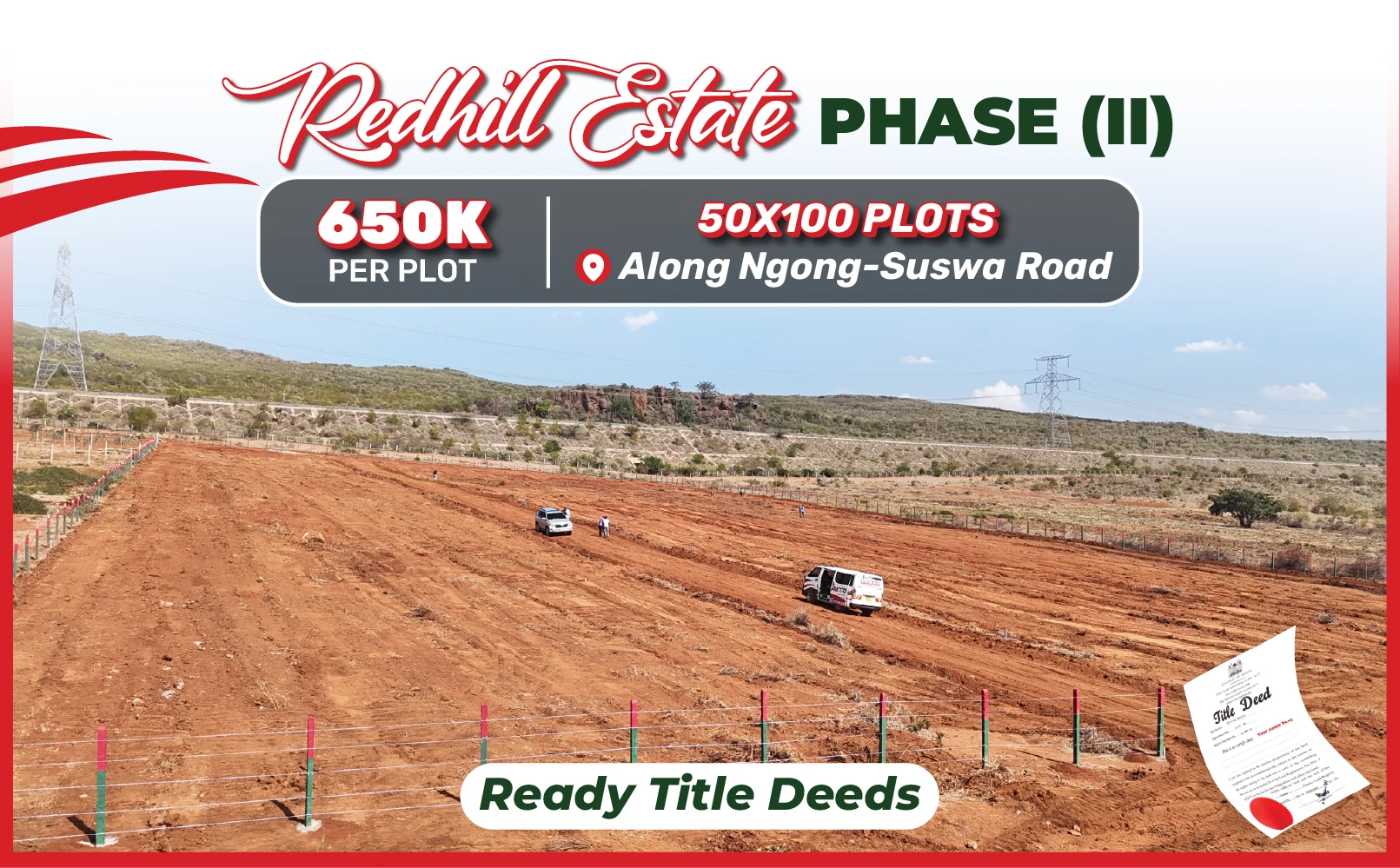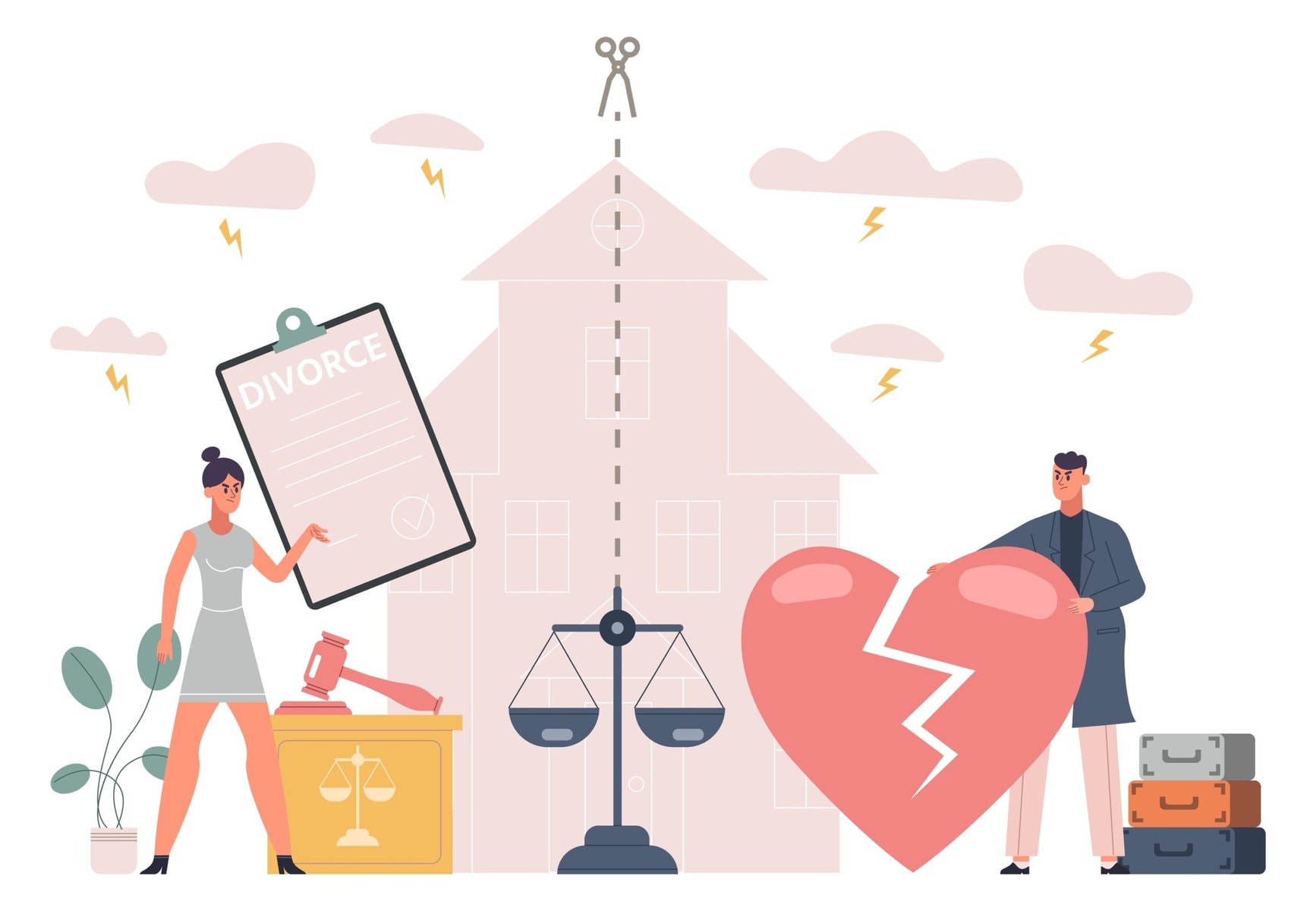5 Important Guidelines You Should Do Before Sealing Your land deal
Before You consider buying land there are things you ought to look out at and ensure that they are intact before you cash in.Usually there are the obvious ones like Due Diligence and so on but today I’ll be scaling down to share some 5 important things that you must ensure they have been confirmed before you buy land.
I am doing this so that you are not in that scenario of “I wish I knew This earlier!!”.
Check The Title Deed’s Restrictions
You may want to check for any deed restrictions that may limit what you can and can’t do on your property, and find out exactly how binding these limits are.
Land can have a variety of restrictions that you couldn’t even begin to imagine.
And the crazy part is that owners can legally put some insane restrictions on land that has to be adhered to by the next owners.
So to be sure, get the list of restrictions as soon as you find a piece of land you like and then read over it multiple times to ensure you understand and agree with everything.
Below are some of the restrictions:
Minimum or maximum dwelling square footages
Rules against outbuildings or auxiliary structures
Limits on building styles and materials you can use
Other limits pertaining to how and what you can build
After reading the restrictions and you feel like they work for you then consider going ahead and sealing the land deal.
Get To Know Your Surroundings
Talk to your potential neighbors.
No one wants to spend thousands (or hundreds of thousands) of dollars on a piece of property with neighbors that will drive you crazy.
Even if you’re so antisocial on this once just try and hear them out and talk to them.
Knowing your personality and that of your neighbours beforehand is a good way to know if the land is a good fit for you and your family.
Be sure to look at a map to see what is surrounding your property & how it may affect you now and in the future.
Such as power lines and cell phone towers basically look around It is your place!
Don’t just sit back in the car and draw down the window.
Check On The Available Utilities
Ensure that the property has electricity and water on site.
These are very basic things you ought to keep in mind. The last thing you want after settling in is to stress about where you will be getting electricity, let alone tripping for kilometers for water.
The two are very essential, and apparently these are some of the things you should be looking at when doing site visits or even asking your real estate agents.
Residing on a piece of land that has the above not only makes living easier and more comfortable but also provides an opportunity and assurance of growth in that area because you can even think of building residential plots later on in the future as well as venture into other businesses that work in that area.
Double-check your finances
If you haven’t already evaluated the ways that you can finance your land, do that here.
Should it happen that you’re paying cash, make sure your money is secure and accessible so your transaction can go smoothly.
Make sure you have signed any appropriate documents and reviewed them with a lawyer or someone who is well-versed in these transactions in your area. It is always good to be accurate and professional with whatever you are doing.
Verify Zoning Areas
Land Zoning is basically the act of urban planning that divides land into areas called zones, each entailing a set of regulations for new development.
It’s important to know how your land is zoned, such as whether it’s a green belt, residential, commercial, or agricultural.
There may be square footage requirements for permits, types of structures that are not allowed, boundary setback requirements, and more.
Every state, county, and municipality is very different, so be sure to check with your local government(s) to ensure you don’t jeopardize a future building project on your homestead.
And if it does need to be rezoned, don’t be afraid to make it one of your conditions.
You can let the current owners do the work of changing it before you buy it to save you some time and money.





